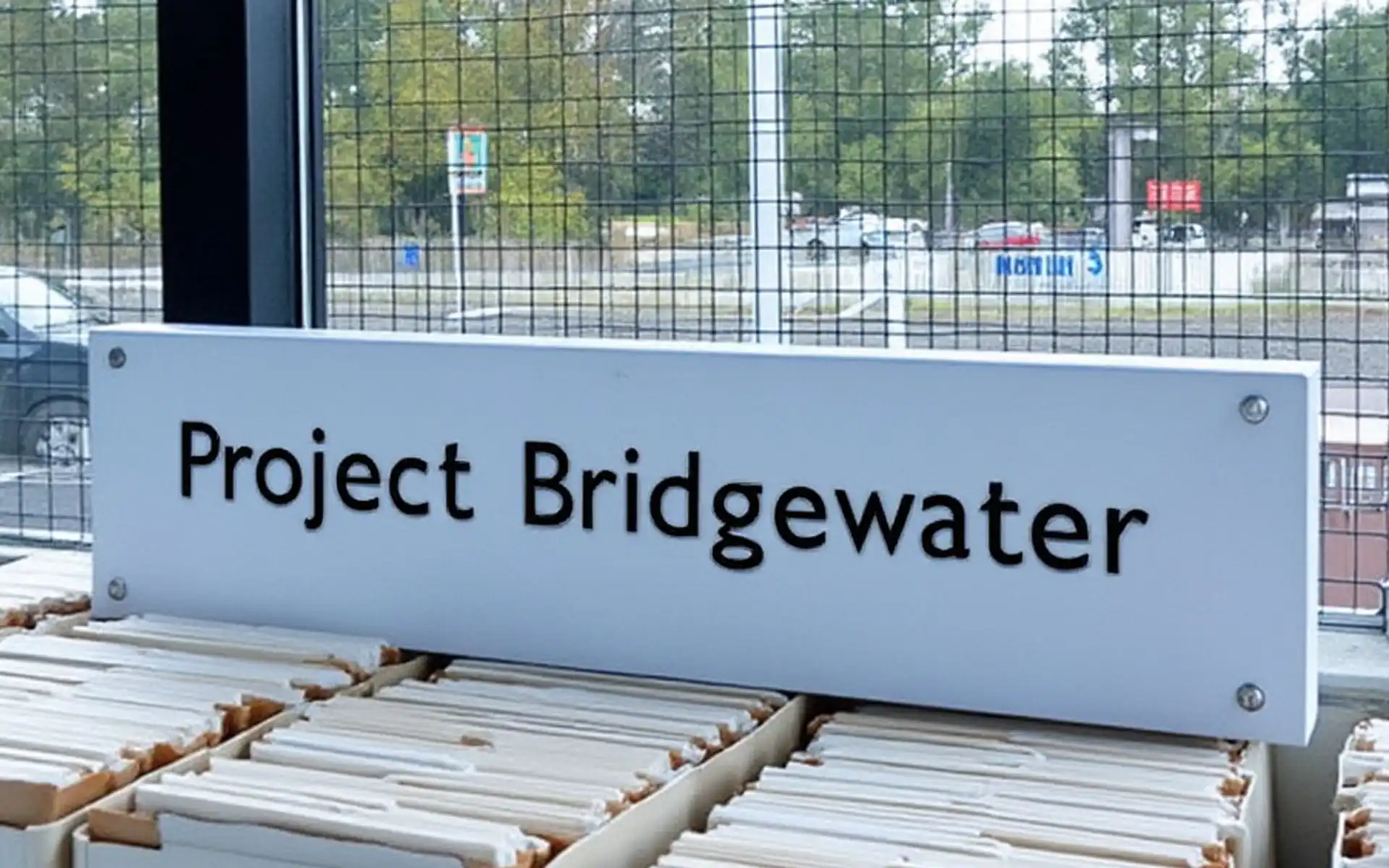Viant COO warns: The Trade Desk's TV OS may create CTV advertising monopoly
Chris Vanderhook of Viant cautions against The Trade Desk's reported TV OS development, citing potential market dominance concerns.

Chris Vanderhook, Co-Founder and COO of Viant, a prominent advertising technology company, yesterday raised significant concerns about The Trade Desk's reported development of a smart TV operating system. Vanderhook's comments, shared on a professional networking platform, shed light on what he describes as a potentially dangerous move for the digital advertising market.
According to Vanderhook, insiders have known about The Trade Desk's TV OS project, codenamed Project Bridgewater, for the past two years. Despite The Trade Desk's initial denial of reports about creating their own TV OS, Vanderhook claims that more details have emerged about a potential partnership with Sonos to provide them with a TV OS.
Vanderhook draws a parallel between The Trade Desk's strategy and Google's historical approach to open web display advertising. He states, "TTD is trying to do in CTV what Google did with open web display advertising. They want to build a full stack for CTV akin to DoubleClick so they can control the market: content owners, data and pricing schemes."
The Viant COO outlines what he sees as The Trade Desk's comprehensive strategy:
- TV OS with better economics as the initial attraction
- Content management system to control distribution (similar to Wurl/Amagi)
- Identity/Authentication layer to control data (UID2/Open Pass)
- Full stack adtech infrastructure (comparable to the DoubleClick stack)
Vanderhook characterizes this approach as "pure evil genius," warning that it could lead to a monopolistic situation in the connected TV (CTV) advertising space. He draws attention to the recent Google antitrust case, suggesting that there is currently no significant disincentive for companies to aim for market dominance.
"If the Google case has proved anything, it's that there is no disincentive to aim to be a monopoly," Vanderhook states. He adds that such a strategy "requires other participants who aren't paying attention to what is going on and just want short term $."
The Viant executive urges publishers and advertisers to be vigilant, reminding them of Google's past actions in the display advertising market. He warns that if industry players continue to support full-stack platforms, they risk creating "another Google in CTV."
Vanderhook's most pointed criticism comes in his final statement: "The champion of the open internet wants to turn it into their own walled garden." This comment underscores his concern that The Trade Desk, which has positioned itself as an advocate for an open internet, may be taking steps that could ultimately restrict competition and innovation in the CTV advertising ecosystem.
Industry reactions to Vanderhook's comments have been mixed. Some professionals agree with his assessment, expressing concern about the potential for market consolidation. Others argue that the CTV market is fundamentally different from open web display advertising, with higher value and more constrained supply, which they believe puts more power in the hands of publishers.
One commenter noted, "CTV is fundamentally different from open web display - much higher value and significantly more constrained supply. That puts much more power in the hands of publishers, and they will never let TTD achieve even a fraction of the control and revenue share that pubs gave Google."
The Trade Desk has not officially responded to Vanderhook's comments or confirmed the details of Project Bridgewater. However, the company has previously stated that video ads account for a "high-40's percentage share" of its business, highlighting the strategic importance of the CTV market to its operations.
Vanderhook's warnings serve as a reminder of the potential risks associated with market concentration. His comments may prompt increased scrutiny of The Trade Desk's strategies and spark broader discussions about maintaining a competitive and open advertising ecosystem.
Key points
- Chris Vanderhook, Co-Founder and COO of Viant, warns about The Trade Desk's alleged TV OS development
- The project, known as "Project Bridgewater," has reportedly been in development for two years
- Vanderhook compares The Trade Desk's strategy to Google's approach in open web display advertising
- He outlines a comprehensive strategy including TV OS, content management, identity layer, and full-stack adtech infrastructure
- Vanderhook expresses concern about potential monopolistic practices in the CTV advertising market
- Industry reactions are mixed, with some agreeing and others arguing that CTV is fundamentally different from open web display
- The Trade Desk has not officially confirmed the details of Project Bridgewater or responded to Vanderhook's comments

